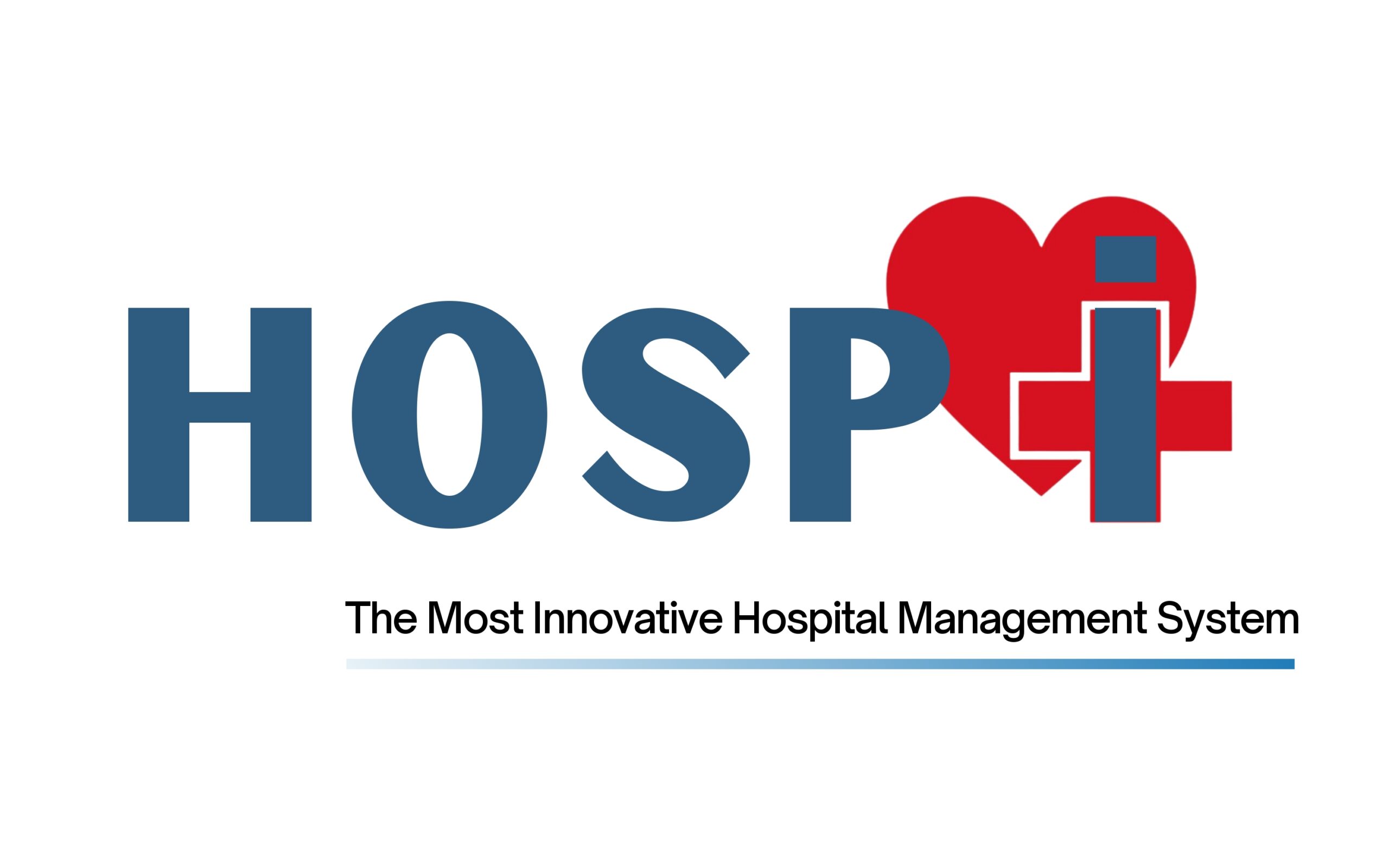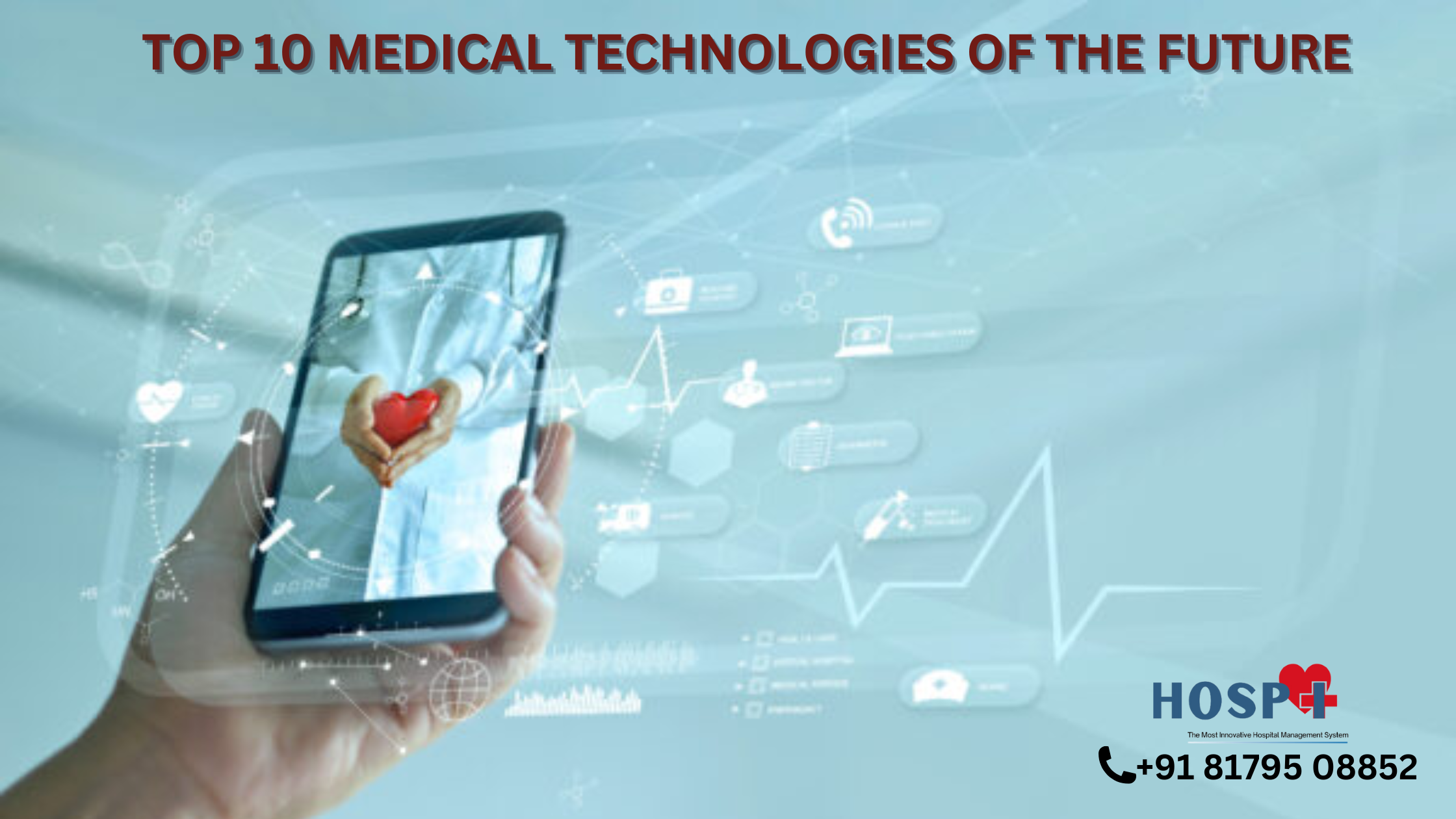Table of Contents
Introduction
The field of medicine has always been dynamic, with continuous advancements and innovations pushing the boundaries of healthcare. In recent years, rapid technological progress has revolutionized the medical landscape, leading to the emergence of cutting-edge medical technologies that promise to shape the future of healthcare. This article will explore the top 10 medical technologies of the future that are expected to transform the way we diagnose, treat, and prevent illnesses.
Top 10 Medical Technologies of the Future: Revolutionizing Healthcare
Medical technologies play a pivotal role in improving patient outcomes, enhancing the accuracy of diagnoses, and streamlining medical procedures. They empower healthcare professionals with powerful tools and data-driven insights to deliver personalized, efficient, and effective care to patients.
1. Artificial Intelligence (AI) in Healthcare
AI-Driven Diagnostics
Artificial Intelligence, with its ability to analyze vast amounts of medical data, has made significant strides in diagnostic accuracy. AI-driven diagnostic tools can process patient information, medical records, and imaging data to detect diseases at early stages, leading to timely interventions and better prognoses.
Precision Medicine
AI is also instrumental in advancing precision medicine, where treatments are tailored to an individual’s genetic makeup, lifestyle, and environment. This approach maximizes treatment efficacy and minimizes adverse effects, marking a paradigm shift in patient care.
2. Internet of Medical Things (IoMT)
Wearable Devices
The IoMT encompasses a wide array of interconnected medical devices, with wearables taking the lead. These devices, such as smartwatches and fitness trackers, monitor vital signs, track physical activity, and gather valuable health data, empowering individuals to proactively manage their well-being.
Remote Patient Monitoring
IoMT also enables remote patient monitoring, which allows healthcare providers to keep a real-time track of patients’ health conditions, reducing hospital readmissions, and providing timely medical interventions.
3. Robotics and Nanomedicine
Robotic Surgery
Robotic surgery has transformed the field of surgical procedures, enabling more precise and minimally invasive operations. Robotic systems offer surgeons enhanced dexterity and visualization, leading to reduced recovery times and improved patient outcomes.
Nanorobots for Drug Delivery
Nanomedicine introduces microscopic robots capable of targeted drug delivery, enhancing drug efficacy and reducing side effects. These nanorobots can navigate through the bloodstream to deliver medications directly to the affected areas.
4. 3D Printing in Medicine
Patient-Specific Implants
3D printing allows the creation of patient-specific implants and prosthetics, ensuring a perfect fit and improved functionality. This innovation has revolutionized the field of orthopedics and personalized healthcare.
Organ and Tissue Engineering
The technology also holds promise in the field of organ and tissue engineering, offering hope for patients in need of transplants and potentially overcoming the organ shortage crisis.
5. Gene Editing and Gene Therapy
CRISPR-Cas9 Technology
Gene editing using CRISPR-Cas9 has opened up new avenues in treating genetic disorders by precisely modifying faulty genes. This breakthrough technology offers the potential to cure previously incurable diseases.
Treatment of Genetic Disorders
Gene therapy involves replacing or repairing defective genes, holding the promise of providing long-term relief for individuals affected by genetic conditions.
6. Telemedicine and Virtual Healthcare
Advancements in Telehealth
Telemedicine and virtual healthcare have gained prominence, especially after the global pandemic. These technologies facilitate remote consultations, bringing medical expertise to patients’ doorsteps, and reducing the burden on healthcare facilities.
Virtual Reality in Rehabilitation
Virtual reality is being increasingly used in rehabilitation programs, aiding patients in their recovery by offering immersive and engaging experiences.
7. Regenerative Medicine
Stem Cell Therapies
Regenerative medicine harnesses the potential of stem cells to repair and regenerate damaged tissues and organs, offering hope for conditions that were previously untreatable.
Tissue Regeneration Techniques
Researchers are exploring innovative tissue regeneration techniques, including tissue engineering and organ transplantation, to address complex medical challenges.
8. Bioprinting and Organ Transplantation
Advantages of Bioprinting
Bioprinting allows the creation of functional human tissues and organs using 3D printing technology. This advancement holds the potential to revolutionize organ transplantation and eliminate transplant waiting lists.
Overcoming Organ Shortages
The scarcity of donor organs has been a major hindrance in transplantation procedures, and bioprinting offers a solution to overcome this challenge.
9. Immunotherapy and Personalized Vaccines
Targeted Cancer Therapies
Immunotherapy has emerged as a game-changer in cancer treatment, empowering the body’s immune system to target and destroy cancer cells specifically.
Customized Vaccination Approaches
Personalized vaccines are being developed, leveraging a person’s unique genetic profile to create vaccines tailored to their individual immune responses.
10. Brain-Computer Interfaces (BCIs)
Enhancing Communication and Mobility
BCIs are facilitating direct communication between the brain and external devices, allowing individuals with disabilities to regain mobility and control over their environment.
Potential for Neurological Disorders
BCIs also hold potential in treating neurological disorders, offering novel therapeutic approaches for conditions like epilepsy and paralysis.
Conclusion
The future of healthcare is immensely promising, thanks to these top 10 medical technologies. As these innovations continue to advance, we can expect healthcare to become more personalized, accessible, and effective, ultimately leading to better health outcomes for individuals across the globe.
To read more articles like this: https://hospi.info/blog/
FAQs
1. What are the top 10 medical technologies of the future?
In this comprehensive list, we explore the ten most promising medical technologies of the future that are set to revolutionize healthcare.
2. How will medical technologies of the future impact patient care?
Discover how these cutting-edge technologies will enhance patient care by providing more accurate diagnoses, personalized treatments, and improved outcomes.
3. Can you provide an overview of the medical technologies of the future?
Get a quick glimpse of the future with a concise overview of the ten remarkable medical technologies that will shape healthcare.
4. What role will artificial intelligence play in medical technologies of the future?
Learn how AI will transform healthcare, from assisting in diagnostics to predicting diseases and optimizing treatment plans.
5. Are wearable health devices part of the top 10 medical technologies of the future?
Explore the world of wearable health devices and how they will empower individuals to monitor their health proactively.
6. How will 3D printing revolutionize the medical field in the future?
Find out how 3D printing will enable customized medical implants, prosthetics, and even human tissues.
7. What impact will telemedicine have on healthcare as one of the medical technologies of the future?
Understand how telemedicine will expand access to healthcare, especially in remote areas, and offer virtual consultations and remote monitoring.
8. How do medical technologies of the future address infectious diseases and pandemics?
Explore the innovative tools and technologies that will aid in early detection, rapid response, and effective management of infectious diseases.
9. Are nanomedicines a part of the top 10 medical technologies of the future?
Discover how nanomedicines will revolutionize drug delivery, enabling targeted treatments and minimizing side effects.
10. What breakthroughs can we expect in the field of genomics and medical technologies of the future?
Learn about the remarkable advancements in genomics that will pave the way for personalized medicine and disease prevention.
11. How will robotics transform healthcare among the top 10 medical technologies of the future?
Understand the role of robotics in surgery, patient care, and rehabilitation, making healthcare more efficient and precise.
12. Can you explain the significance of blockchain in medical technologies of the future?
Explore how blockchain technology will improve data security, interoperability, and transparency in healthcare systems.




Pingback: Healthcare for the elderly in Switzerland
Pingback: Integrating AI in Radiology and Diagnostic Imaging
Pingback: Exploring Alternative and Complementary Medicine Approaches
Pingback: The role of social determinants of health in healthcare
Pingback: Addressing Health Disparities in Rural Communities
Pingback: Ethical Considerations in Genetic Testing and Personalized Medicine
Pingback: Precision Medicine: Personalized Healthcare for Better Treatment Outcomes
Pingback: Mental Health Matters: Breaking the Stigma and Promoting Wellness
Pingback: COVID-19 Vaccination: Debunking Myths and Ensuring Public Health
Pingback: Addressing Healthcare Disparities: Equity and Access for All
Pingback: The Power of Big Data Analytics In Healthcare
Pingback: Genomic Medicine: Unraveling the Secrets of Our DNA for Better Health
Pingback: Revolutionizing Drug Development: Breakthroughs in Pharmaceutical Research
Pingback: Virtual Reality in Healthcare: From Training to Therapy
Pingback: The Rise of Wearable Health Technology: Empowering Individuals for Better Wellness
Pingback: Promoting Preventive Care: Building a Healthier Future
Pingback: The Importance of Healthcare Literacy: Empowering Patients for Informed Decision-Making
Pingback: Understanding the Gut-Brain Connection: Exploring the Link for Improved Health
Pingback: Digital Transformation in Healthcare: Innovations for Connected and Efficient Care
Pingback: The Impact of Social Determinants of Health: Addressing Root Causes for Better Well-being
Pingback: The Best Ways to Invest Your Money as a Doctor
Pingback: How to Recover from a Neurosurgical Procedure
Pingback: What to Expect During Neurosurgical Procedures
Pingback: The Secrets to Becoming a Wealthy Doctor
Pingback: The Top 10 Richest Doctors in the World: A Glimpse into Medical Success Stories
Pingback: The Importance of Preventive Care
Pingback: The Science of Hand Hygiene: Preventing Infections in Hospitals
Pingback: Commercial vs Community Hospitals
Pingback: Importance of NGOs in healthcare
Pingback: Caring for the Care-givers: Supporting Hospital Staff's Mental Health
Pingback: Exploring the Six Levels of Healthcare: A Comprehensive Guide
Pingback: Exploring Alternative Medicine: Integrative Approaches to Healthcare
Pingback: Next Level Healthcare: Revolutionizing Patient Care for a Brighter Future
Pingback: The Importance of Giving Back in Healthcare
Pingback: Anger Management